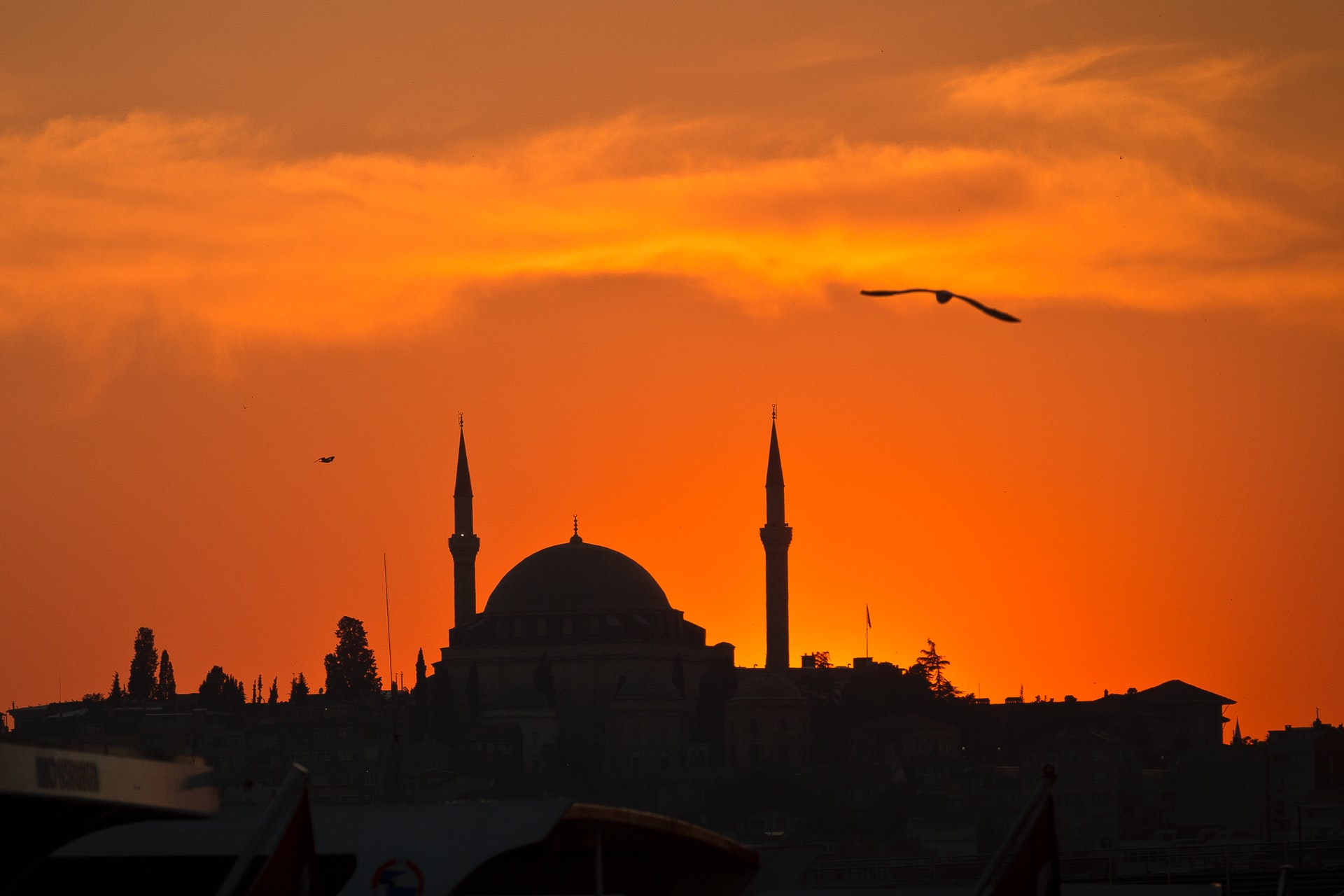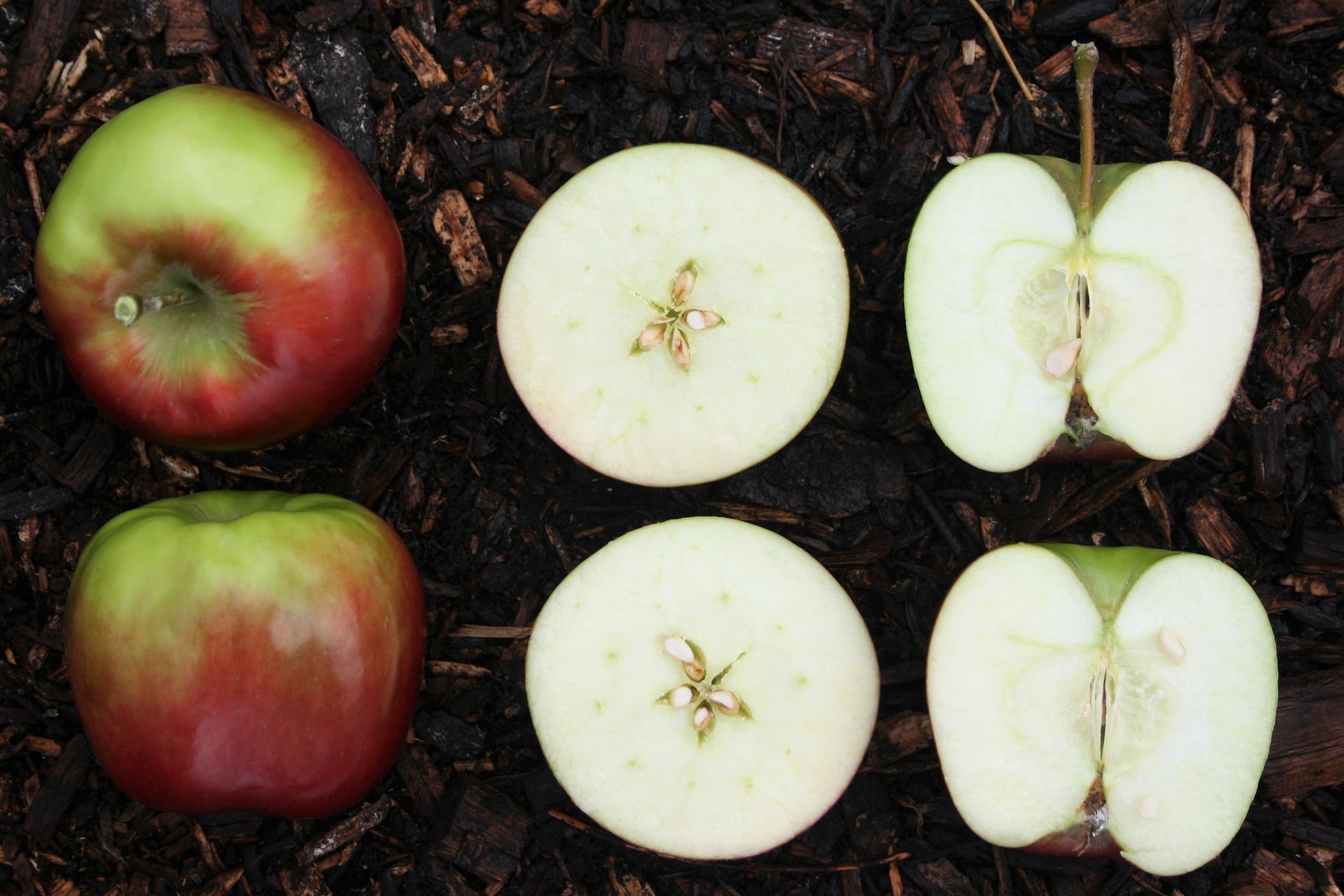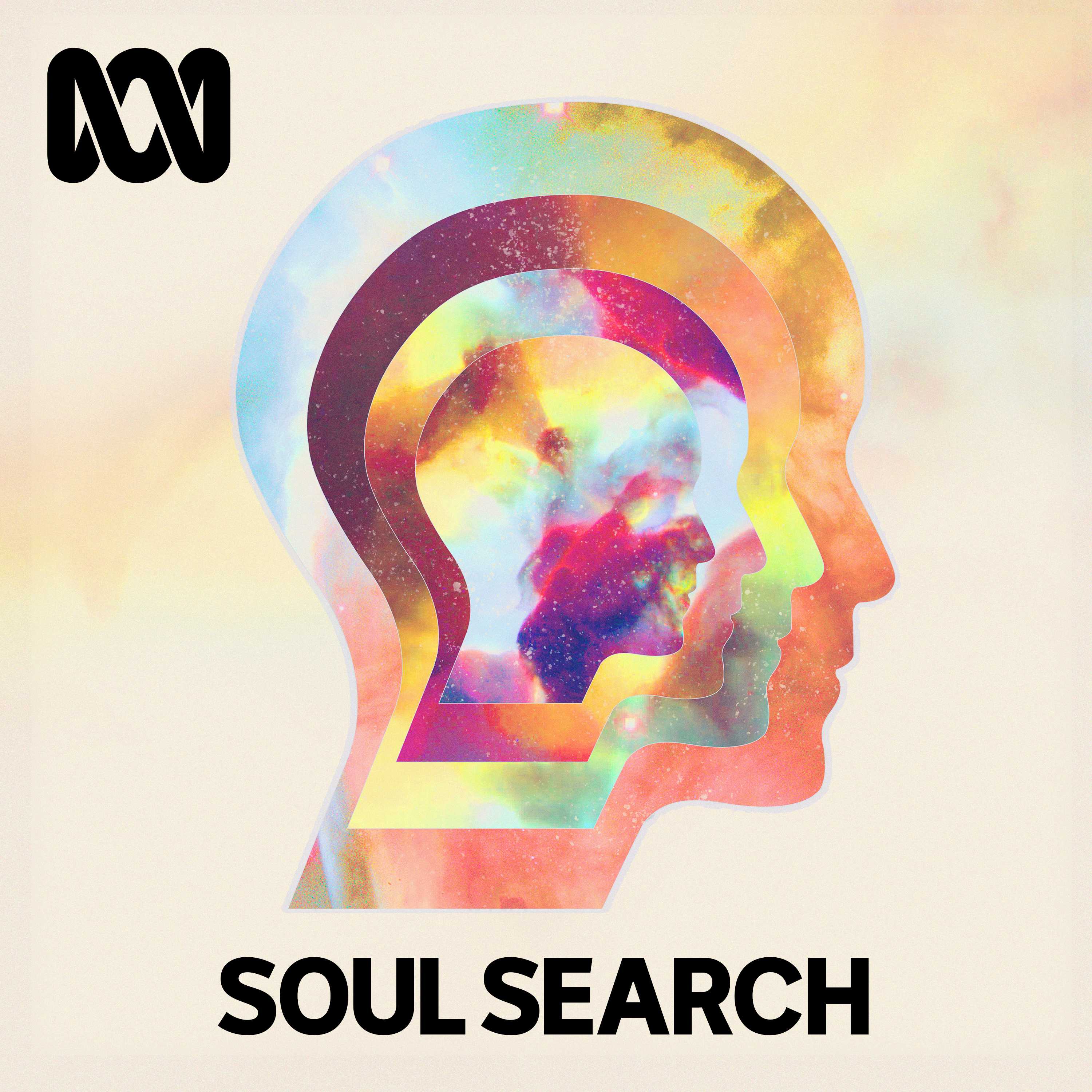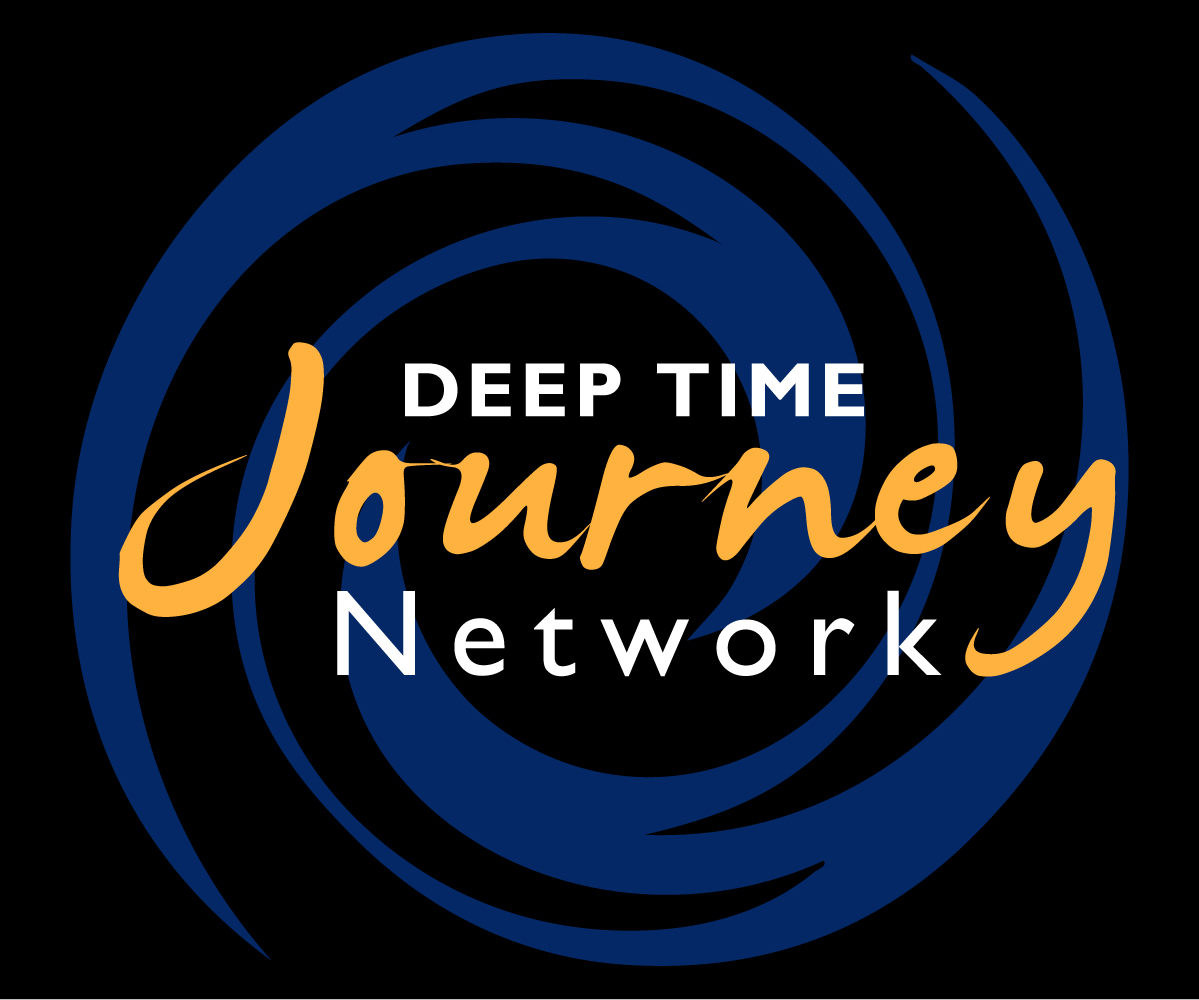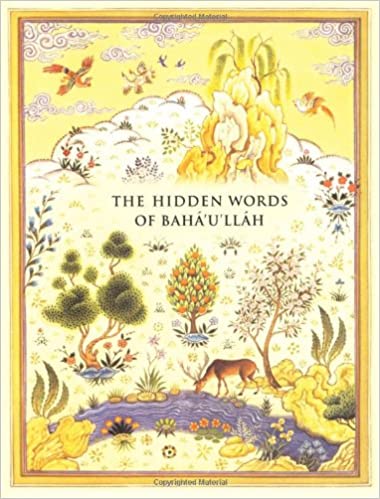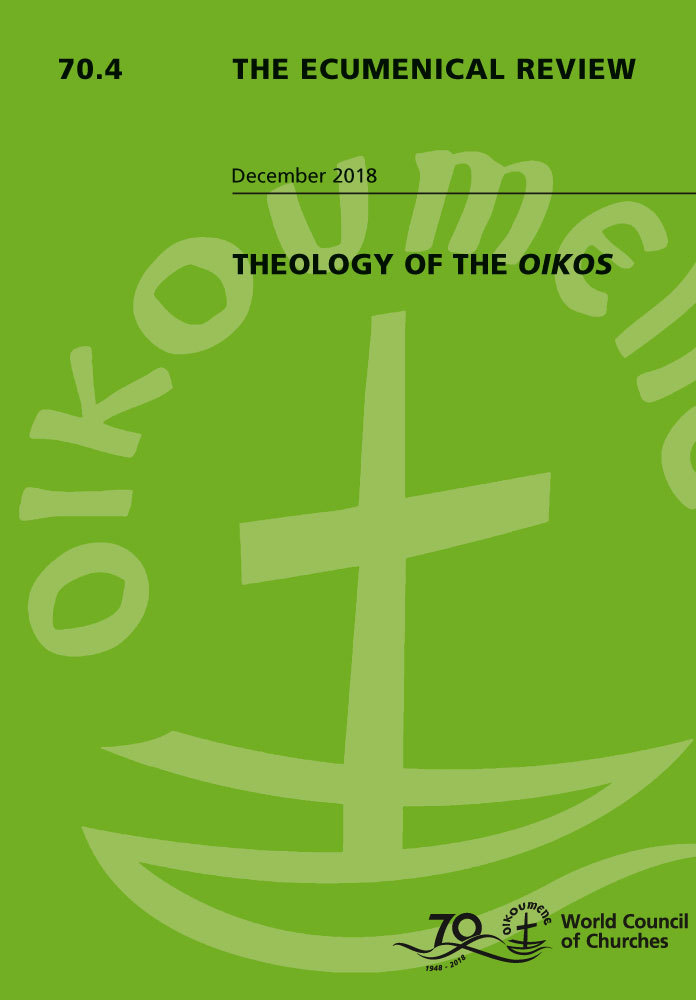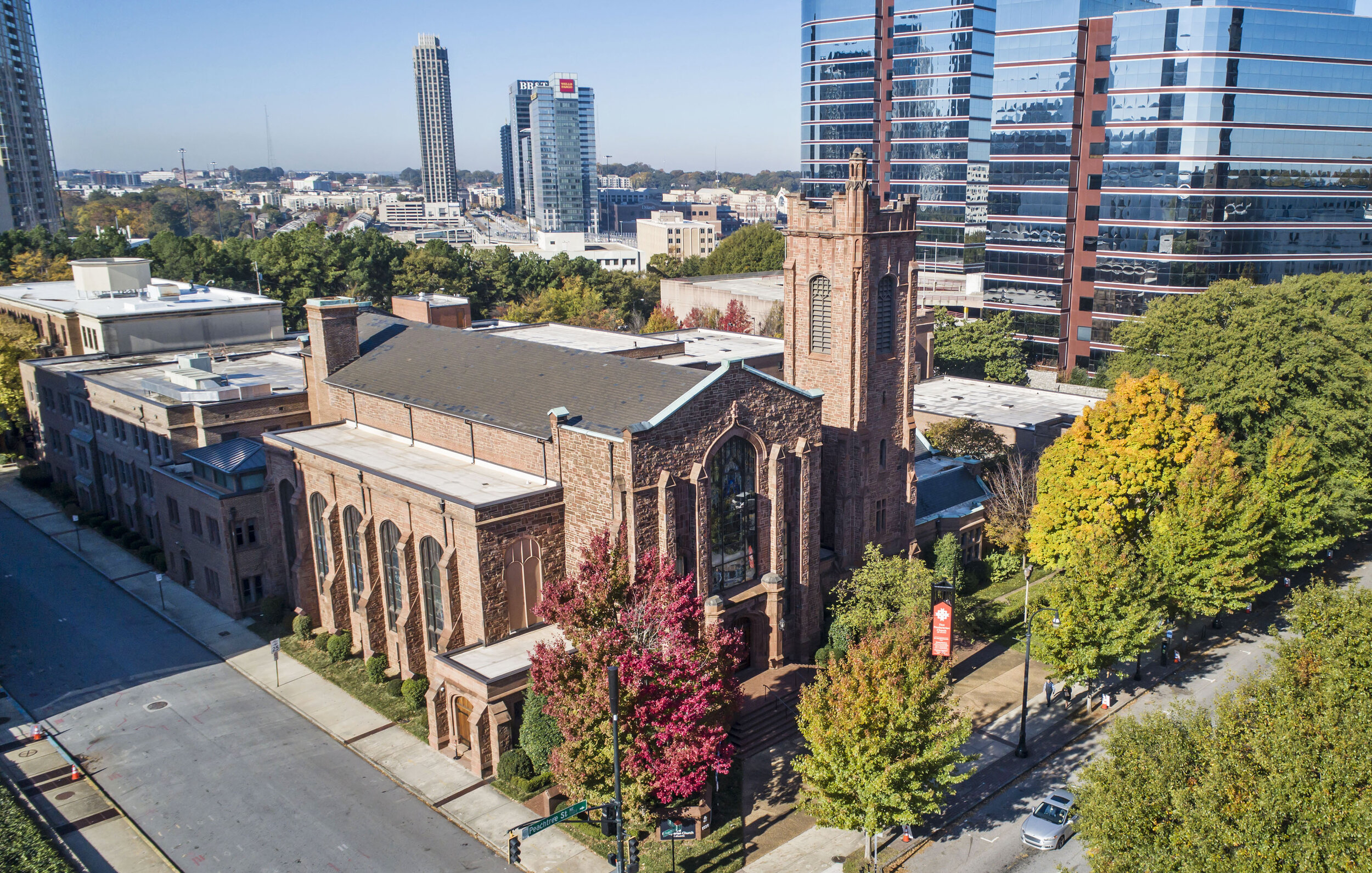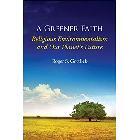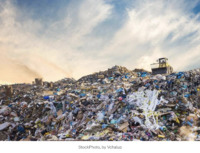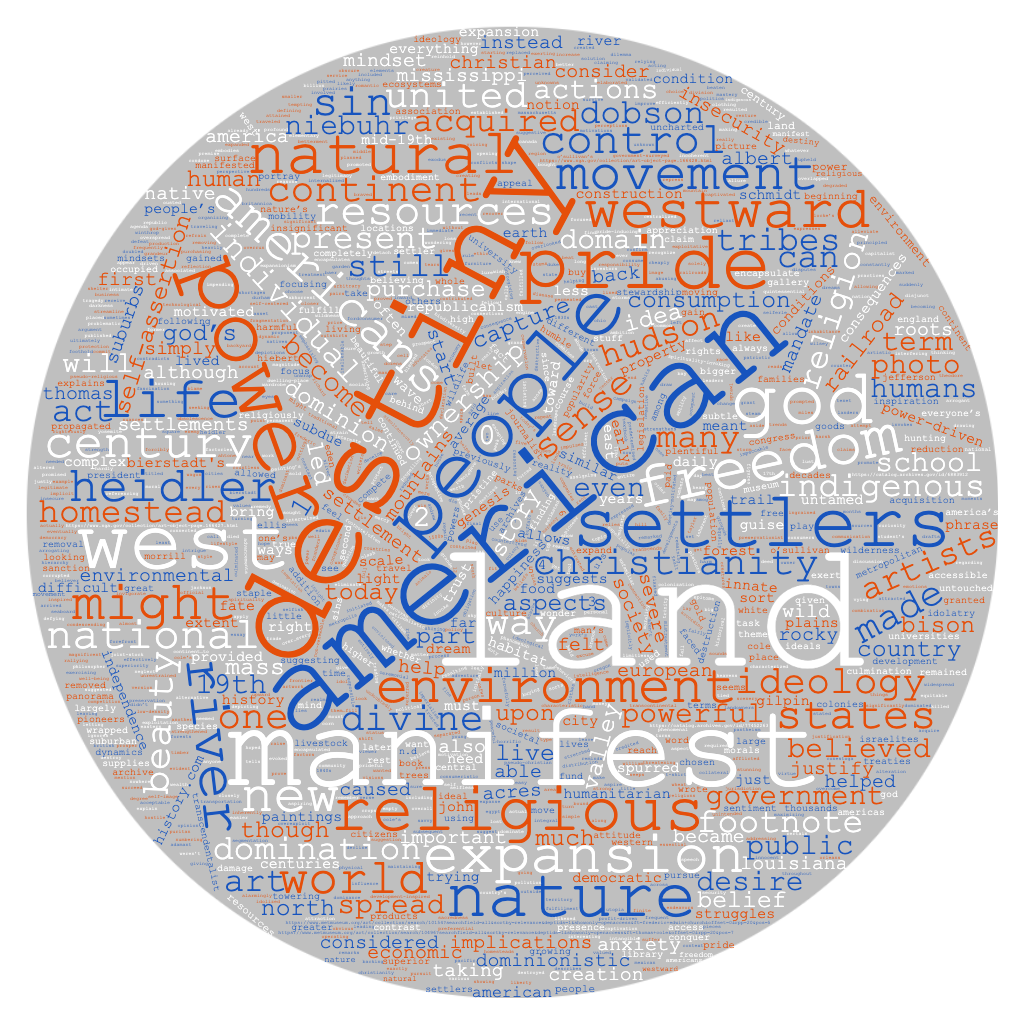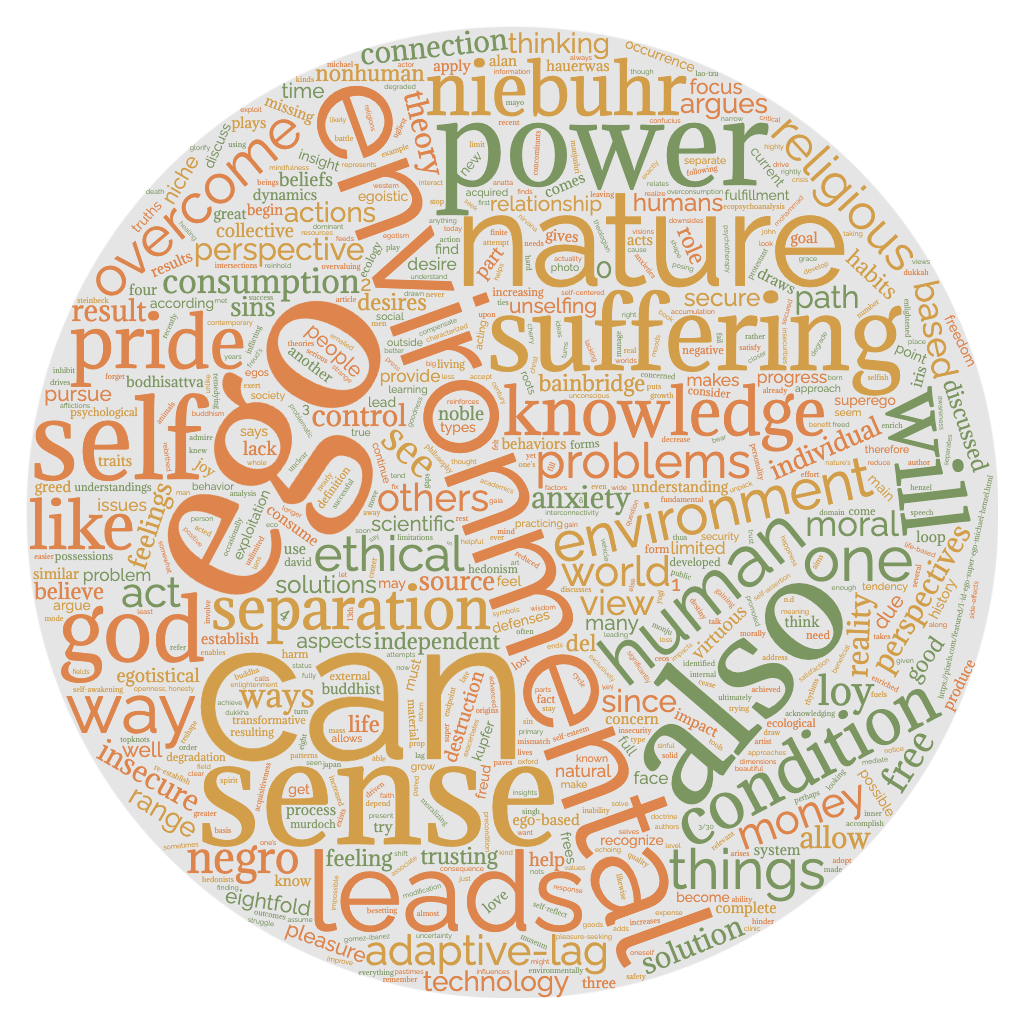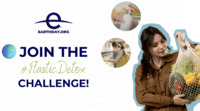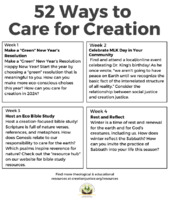Search
90 items
-
Green Muslims Ramadan Toolkit
Ramadan is a time to reflect, exercise self-control, and cultivate connections to one's faith. This three-part toolkit hopes to enhance the Ramadan experience using those same concepts but building more environmentally friendly habits while connecting one
with their faith in a unique way.
Each day highlights an Ayah, a quote, or a hadith that aspires to inspire you to action. The “challenge yourself” section of the day gives you a suggestion on how to adjust your habits, and the “reflection” section hopes to help you analyze your current habits in order to make the habit-forming both action-oriented and intellectual. -
Green Umbrella Impact Team: Faith Communities Go Green
MISSION: Partnering with religious communities to create a more sustainable and equitable future for all by mobilizing their moral voice to reduce the risk of catastrophic climate change.
VISION: Religious communities collaborating to integrate care for creation in their lives and society. -
Ecological Consciousness in Jainism: Exploring Realities, Constraints, and Traditions
This paper explores the traditions and philosophies of Jainism and how that influences its connection to the environment. The author explains the Jainism cosmology and the distinction between different senses as they apply to animate and inanimate beings. Jain literature understands human connections to the world with an emphasis on the interconnectedness of life forms. To Jains, environmental concerns cannot be separated from socio-economic concerns. -
The 12 Principles of Permaculture: A Way Forward
This blog article describes the basics of permaculture (permanent culture). Permaculture is rooted in the observation of natural systems and indigenous knowledge. The author introduces the solution permaculture offers to help us transition to a more resilient, ethical, and sustainable future better for the planet and its inhabitants. -
Wendell Berry and Ellen Davis: The Art of Being Creatures (Episode from On Being)
In this intimate conversation between Krista and one of her beloved teachers, we ponder the world and our place in it, through sacred text, with fresh eyes. We’re accompanied by the meditative and prophetic poetry of Wendell Berry, read for us from his home in Kentucky: “Stay away from anything / that obscures the place it is in. / There are no unsacred places; / there are only sacred places / and desecrated places. / Accept what comes of silence.” -
On Being with Krista Tippett
The On Being Project is a nonprofit media and public life initiative. We make a public radio show, podcasts, and tools for the art of living. Six grounding virtues guide everything we do. We explore the intersection of spiritual inquiry, science, social healing, community, poetry, and the arts. We’re offering ongoing special content for this moment, including conversations about race and healing, “care packages” for care givers and uncertain times, and a new way to experience poetry.
A Peabody Award-winning public radio show and podcast. What does it mean to be human? How do we want to live? And who will we be to each other? Each week a new discovery about the immensity of our lives. Hosted by Krista Tippett. -
Soul Search with Dr. Meredith Lake
Soul Search explores contemporary religion and spirituality from the inside out — what we believe, how we express it, and the difference it makes in our lives.
Airs Sunday 6 pm Repeated: Wednesday 11 pm, Thursday 12pm.
You can listen to this podcast on platforms such as Apple Podcasts, Google Podcasts, and ABC Listen App. -
Green Shinto
Green Shinto is a blog by John Dougill operating out of Kyoto, Japan, which is dedicated to the promotion of an open, international and environmental Shinto. It seeks to celebrate the rich heritage of the tradition, from sacred rocks and shamanistic roots to bawdy myths and fertility festivals. It believes Shinto to be essentially diverse, localised, and community-oriented. It looks to a Shinto free of borders, liberated from its past to meet the demands of a new age. It looks in short to a Shinto that is green indeed as well as in word. -
Deeptime Journey Network
DTN’s mission is to orient humanity to an evolving interconnected universe as expressed in our vision. We bring together science, ancient wisdom and the arts inside community to share learning, global conversation, celebration, and action. The significance and profound power of a deeptime perspective — when shared in community — inspires, guides and motivates us to create a flourishing future.
DTN is a project of The Deep Time Journey Network, a 501(c)(3) non-profit in Princeton New Jersey, founded to build a global community, offer courses, and share resources. It’s a vision of community in which everyone is source and where connecting and collaborating mirrors the way the universe itself evolves through new partnerships. -
The Story of Stuff (Documentary)
The Story of Stuff is a short animated documentary about the lifecycle of material goods. The documentary is critical of excessive consumerism and promotes sustainability.
Filmmaker Annie Leonard wrote and narrated the film, which was funded by Tides Foundation, Funders Workgroup for Sustainable Production and Consumption, Free Range Studios and other foundations. Free Range Studios also produced the documentary, which was first launched online on December 4, 2007.
The documentary is used in elementary schools, arts programs, and economics classes as well as places of worship and corporate sustainability trainings. By February 2009, it had been seen in 228 countries and territories. According to the Los Angeles Times as of July 2010, the film had been translated into 15 languages and had been viewed by over 12 million people. -
The Story of Stuff Project
The Story of Stuff Project is:
Community-Minded
Our global, online Community of over 1 million Changemakers includes parents, community leaders, teachers and students, people of faith, entrepreneurs, scientists and others interested in creating a more healthy and just world. The interests and needs of our Community members deeply informs our work, and your passion and support enable our small team to have an outsized impact.
Solutions-Focused
We know all about the problems — from climate change to income inequality to political corruption. Our movies and other media focus instead on the big, exciting innovations driving the environmental and social change we need, as well as the little things individuals and communities can do to make a difference. We call it ‘Growing Solutions’.
Action-Oriented
We believe that dramatically increasing civic participation — not just refining our consumer choices — is the key to unlocking the profound challenges we face. Our four-week Citizen Muscle Boot Camp program equips participants with the basic skills they need to organize and lead a local project. And our campaigns provide diverse, engaging opportunities for our Community members to get involved, from the global level down to where they live and work. -
Patagonia's Environmental Activism Page
From mission statements to multimedia resources to annual reports, this page displays projects essential to Patagonia's sustainability efforts as a business as well as an environmentalist community. The site can serve as an inspiration template for organizations and businesses when seeking ideas for storytelling and communications with a wider audience. -
The Hidden Words of Bahá’u’lláh
A collection of spiritual teachings which is intended for all religious persuasions and those who seek a spiritual life. These meditational verses which were composed by Baha'u'allah, about the year 1858, while in exile to Iraq, explore the relationship between God and man. -
Sacred Watersheds and the Fate of the Village Body Politic in Tibetan and Han Communities Under China’s Ecological Civilization
Coggins studies the spiritual ecologies of Tibetan and Han communities in the People's Republic of China. The Tibetan animism focuses on the protection of landscapes because of their relation to various deities and spirits. Han communities worked on creating fengshui forests to find balance a balance of qi in all things. -
Educational Programme: “The Use of Plants in the Worship of the Orthodox Church” and Its Contribution in Shaping Values of Sustainability
The goal is to connect children to nature with plants that have symbolic value to the bible. They created a Sunday School curriculum that will teach kids the value of having a connection with nature and God. 73% of the students that went through the course said that they cared more about the environment after taking the course. -
Zoom Events: Greening the Bible
The goal of this short course is to read the Bible afresh: to reinterpret texts of terror (for other creatures) and to reclaim passages that show the importance and agency of nonhuman persons. It is intended as a tool for forming earth-inclusive Christians. -
Sustainable Consumption Research and Action Initiative (SCORAI)
The Sustainable Consumption Research and Action Initiative (SCORAI) is a knowledge network of professionals working at the interface of material consumption, human well-being, and technological and cultural change. We aim to foster a transition beyond the currently dominant consumer society. SCORAI provides a forum for scholars and practitioners striving to understand the drivers of the consumerist economy in affluent technological societies; to formulate and analyze options for post-consumerist lifestyles, social institutions, and economic systems; and to provide the knowledge for emergent grassroots innovations, social movements, and public policies. -
A Greener Faith: Religious Environmentalism and Our Planet's Future
Roger S. Gottlieb outlines principles of religious environmentalism and its implications for social and political issues. Gottlieb addresses issues of consumerism and fundamentalism while offering the perspective of religious environmentalism to guide how we should treat other beings. Through these discussions, Gottlieb proposes his dream for the future of our world. -
Environmental Sustainability in Islam
"Islamic beliefs, traditions and values provide an effective and comprehensive solution to the current environmental challenges faced by the human race. Islam has a rich tradition of highlighting the importance of environmental protection and conservation of natural resources. According to Islamic law, the basic elements of nature – land, water, fire, forest, and light – belong to all living things, not just human beings.
The Holy Qur’an and Sunnah are a guiding light to promote sustainable development in Islamic countries as well as around the world. Allah (Subhanahu Wa Ta’ala) commands human beings to avoid doing mischief and wasting resources as these acts cause degradation of the environment. The privilege to exploit natural resources was given to the mankind on a guardianship basis, which implies the right to use another person’s property on the promise that it will not be damaged or destroyed." -
Stop getting your modest clothes from fast fashion brands
"The hijab and modest fashion are not immune from the global mainstream shift to fast fashion. Ironically, in light of celebrating diversity and inclusivity, fast fashion businesses have created new niches for underserved audiences, including the Muslim community. Often these businesses outsource production to Muslim majority countries in the Global South. Here garment workers are exploited for less than a living wage..." -
Household Carbon Footprint Calculator
This interactive resource allows the user to input information on their housing situation and energy usage to calculate their estimated carbon footprint. It can show you where the most waste is and any possible ways to reduce the carbon footprint. -
Manifest Destiny: The American Dream or an Ecological Crisis?
This chapter from the student-written book "Emerging Perspectives on Religion and Environmental Values in America" explores the history of colonial expansion and the concept of manifest destiny in the US. It examines the environmental impacts as well as the religious motivations behind this course of action. Below is the first paragraph of the chapter to introduce the discussion.
"A quintessential part of the “American dream” is freedom. Whether it be freedom of religion, freedom of speech, or simply freedom to pursue one’s own dreams, Americans have always idolized the United States as a sort of utopia for individual freedom. 'Manifest destiny' is a mindset that embodies this belief. A staple term in every elementary, middle, and high school student’s American history textbook, it might be considered the epitome of what it meant to be American at the start of American imperialism. The idea of manifest destiny gained popularity in the mid-19th century and was built upon the notion of freedom. Advocates for manifest destiny believed that Americans were free, even bound by fate, to conquer the North American continent and expand the realm of democratic republicanism and Christianity. Under the guise of religious, political, and economic motivations, manifest destiny allowed Americans to pursue the 'American dream' and subdue the 'wild west.' The environmental and humanitarian implications of manifest destiny were frequently overlooked or not considered, resulting in ideology that still today seeps into our behaviors and perceptions regarding domination and superiority." -
The Consequences of the Ego and the Potential of Unselfing
This chapter from the student-written book “Emerging Perspectives on Religion and Environmental Values in America” explores consumption, human ego, and the relationship between these and our environment. It discusses human nature and how we interact with each other, technology, and nature. Below is the first paragraph of the chapter to introduce the discussion.
"Consumption is one of the favorite pastimes of our developed society, but it is also the source of many environmental problems. As technology has advanced, our society and economy have developed into one dependent on the mass consumption of things. Our habits of mass consumption have acted as a vehicle of destruction by increasing the amount of resources we use and waste we produce, leaving parts of our environment severely degraded. As a result, the people who have more and seem to be successful make more environmental impact, while the environmental consequences of their actions tend to be felt by the have nots. Our symbols of success that we prop up seem to be part of the problem as they have serious environmental downsides, and even though we recognize these downsides we continue to glorify consumptive habits that are destructive. But have you ever considered the roots of our need to consume?" -
#PlasticDetox Social Media Challenge
"Join the EARTHDAY.ORG #PlasticDetox challenge and reduce your plastic use! Take small steps to avoid single-use plastics like bags, straws, bottles, and packaging. Share your eco-friendly swaps and inspire others to join the movement on social media using #PlasticDetox.
The challenge not only focuses on individual actions but also encourages participants to spread awareness and inspire others to join the movement. By collectively engaging in the EARTHDAY.ORG #PlasticDetox challenge, participants will create a ripple effect and encourage a wider shift towards a plastic-free lifestyle. Together, we can make a big impact for a plastic-free future!" -
52 Ways to Care for Creation: January 2024
"Download the January 2024 52 Ways to Care for Creation bulletin insert! Use this resource to deepen your congregation’s commitment to creation justice. Each week highlights a creation justice idea for action or reflection for yourself and your community."

